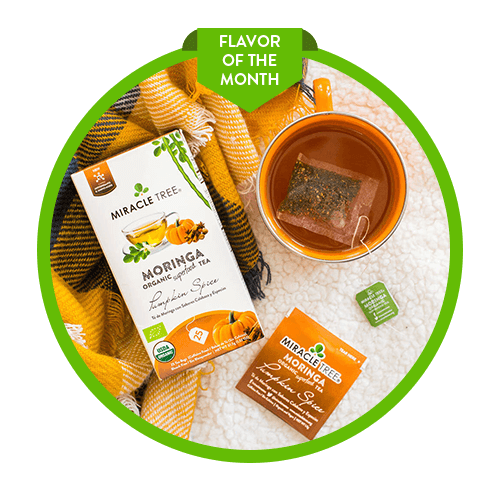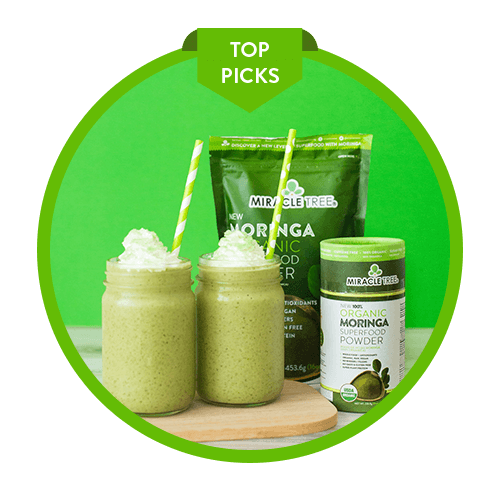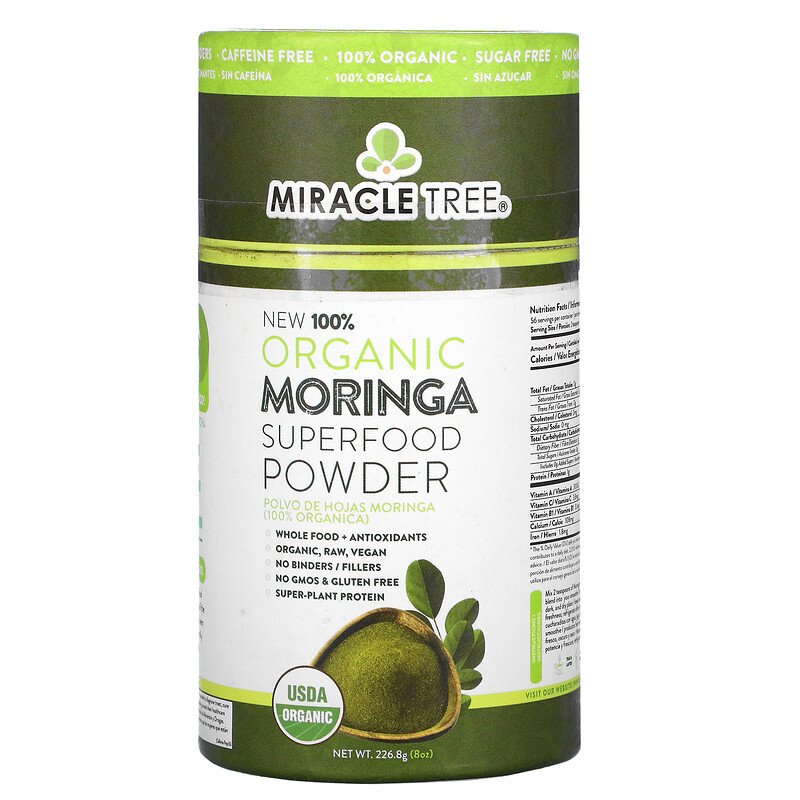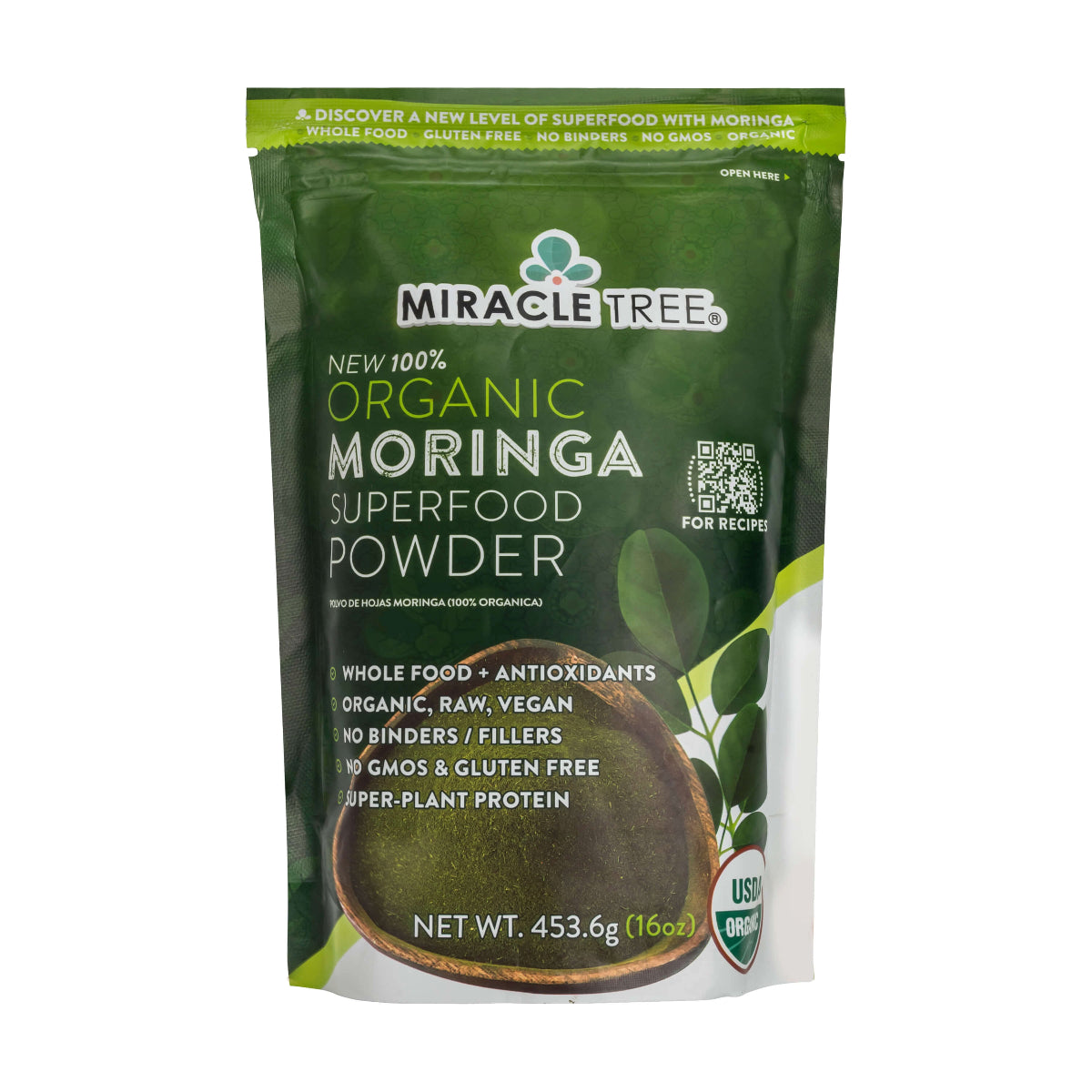Which Superfood Packs a Bigger Nutritional Punch?
When it comes to superfoods, Moringa and cranberries are two powerhouses that often steal the spotlight. But which one is truly the champion of nutrition? In honor of National Cranberry Day, let's dive into the nutritional showdown between Moringa and cranberries.
Moringa: The Nutrient-Dense Wonder
Moringa, also known as the "miracle tree," is packed with essential nutrients. Just a small serving of Moringa leaves can provide a significant amount of your daily nutrient needs. It is rich in vitamins A, C, and E, as well as minerals like calcium, iron, and potassium. Moringa is also a great source of protein, containing all nine essential amino acids.
Cranberries: The Antioxidant Powerhouse
Cranberries, on the other hand, are well-known for their high antioxidant content. These tart berries are loaded with vitamin C and fiber, making them a great addition to any diet. Cranberries are also packed with phytonutrients called proanthocyanidins, which have been linked to numerous health benefits, including urinary tract health and improved immune function.
The Battle of Antioxidants: Moringa vs. Cranberries
When it comes to antioxidants, both Moringa and cranberries have their strengths. Moringa contains a wide range of antioxidants, including quercetin, chlorogenic acid, and beta-carotene. These antioxidants help protect the body against free radicals and oxidative stress.
On the other hand, cranberries are particularly rich in proanthocyanidins, which are potent antioxidants that can help prevent cellular damage and reduce inflammation. These compounds give cranberries their vibrant red color and contribute to their numerous health benefits.
Other Health Benefits
While both Moringa and cranberries offer impressive nutritional profiles, they also have unique health benefits.
Moringa has been traditionally used for its anti-inflammatory properties and may help reduce symptoms of arthritis and other inflammatory conditions. It may also support brain health, improve digestion, and boost immune function.
Cranberries, on the other hand, are well-known for their ability to promote urinary tract health. They contain compounds that prevent bacteria from adhering to the urinary tract walls, reducing the risk of urinary tract infections. Cranberries may also have anti-cancer properties and support heart health.
Conclusion: A Tie in Nutritional Excellence
Both Moringa and cranberries offer exceptional nutritional profiles and a wide array of health benefits. While Moringa is a nutrient-dense powerhouse, cranberries excel in their antioxidant content and urinary tract health benefits. Incorporating both of these superfoods into your diet can provide a well-rounded boost to your overall health and well-being.
Sources:
- https://www.ncbi.nlm.nih.gov/pmc/articles/PMC7363898/
- https://www.ncbi.nlm.nih.gov/pmc/articles/PMC5372849/
- https://www.ncbi.nlm.nih.gov/pmc/articles/PMC3249911/
- https://www.ncbi.nlm.nih.gov/pmc/articles/PMC5745680/







